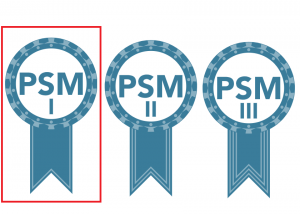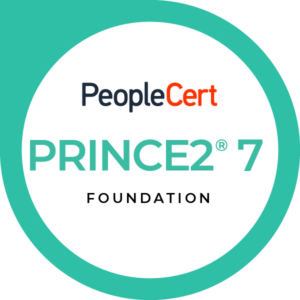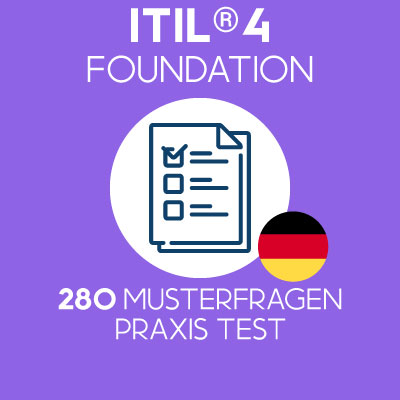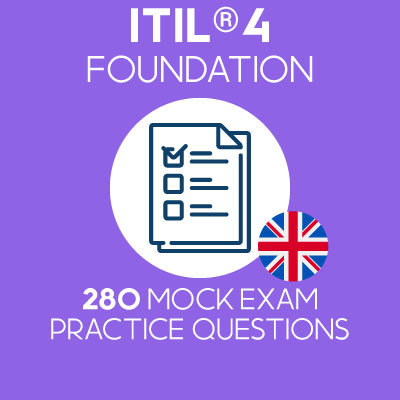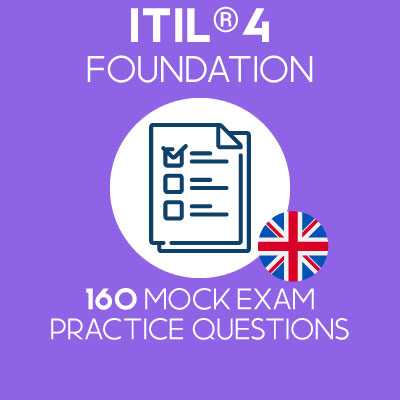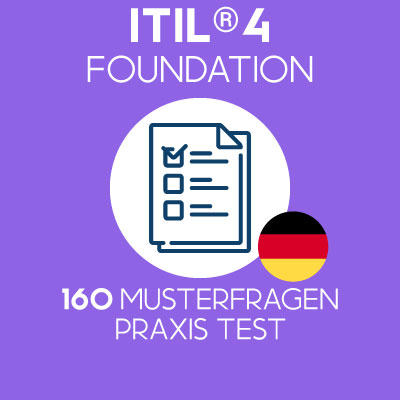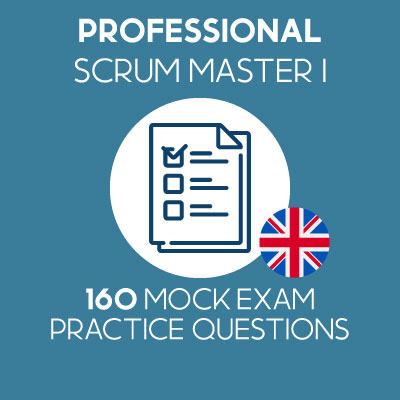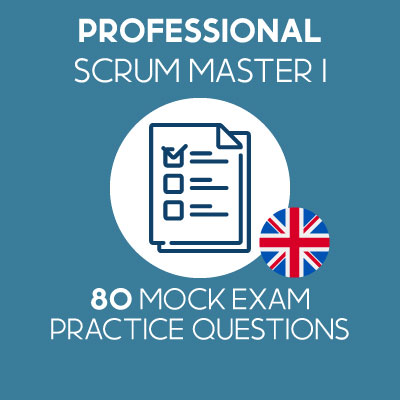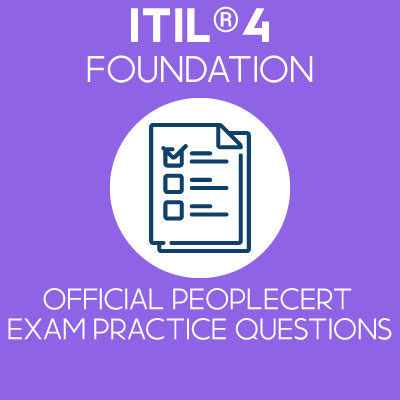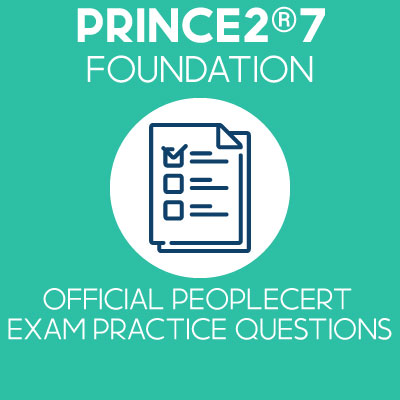In the world of Scrum, the role of a Scrum Master is crucial in ensuring the success of a Scrum team and the delivery of its valuable products, services or deliverables. However, there is often confusion regarding whether a Scrum Master is a leadership or managerial role. In this article, we will explore the definitions of a manager and a leader, highlight the differences between the two, and examine the role of a Scrum Master under those two aspects.
Table of Contents

What is a Manager?
A manager is an individual who oversees and coordinates the work of one or several teams, groups or functions in order to achieve organizational goals. Managers are responsible for planning, organizing, and coordinating resources to ensure efficient operations. They provide direction, set objectives, and make decisions that align with the organization’s strategy.
Managers also play a crucial role in motivating and inspiring employees, fostering a positive work environment, and promoting collaboration. They monitor performance, provide feedback, and address any issues or conflicts within their area of responsibility.
Managers communicate effectively with stakeholders, both internal and external, and represent the organization’s interests. They are accountable for managing budgets, allocating resources, and ensuring the enterprise’s success.
Managers are problem solvers, decision-makers, and strategic thinkers. They continuously evaluate performance, identify opportunities for improvement, and drive innovation within the organization.
What is a Leader?
A leader is an individual who inspires and influences others towards a common vision or goal. They possess strong interpersonal skills and the ability to communicate effectively.
Leaders empower their team members, fostering a culture of trust, collaboration, and growth. They lead by example, demonstrating integrity and accountability in their actions.
Leaders motivate and energize their teams, encouraging them to reach their full potential. They provide guidance, support, and mentorship to help individuals develop their skills and capabilities.
Leaders are adaptive and embrace change, guiding their teams through transitions and challenges. They promote innovation and creativity, encouraging new ideas and approaches. Leaders build strong relationships with stakeholders, cultivating partnerships and networks.
They are empathetic, understanding the needs and concerns of their team members, and taking them into consideration when making decisions.
Differences between a Leader and a Manager
While there are similarities between managers and leaders, there are distinct differences in their approaches and focuses.
Managers tend to be more task-oriented, emphasizing efficiency and productivity. Leaders, on the other hand, prioritize building relationships, inspiring others, and driving change. While managers rely on their authority, leaders earn influence through their expertise and charisma.
It is also possible that a leader does not have hierarchical responsibilities in the team that he/she operates in.
So after having said that:
Why is a Scrum Master not a manager?
While a Scrum Master may have managerial capabilities or exhibit them, it is important to distinguish them from a traditional manager. Here are a few reasons why a Scrum Master is not considered a manager:
- No Direct Authority: Unlike a manager who typically has direct authority over a team or individuals, a Scrum Master does not have formal authority or hierarchical control. They do not have the power to hire, fire, or promote team members*.
- Focus on Facilitation, not Control: A Scrum Master’s primary role is to facilitate the Scrum process and ensure adherence to agile principles, rather than controlling the work or tasks of team members. They promote self-organization and encourage the team to make decisions collectively.
- Collaborative Decision-Making: A Scrum Master encourages collaborative decision-making within the team, rather than making decisions unilaterally. They facilitate discussions, help the team reach consensus, and ensure that decisions align with the product’s goals.
- Servant Leadership Approach: A Scrum Master adopts a servant leadership approach, focusing on supporting and serving the team. Their primary objective is to remove obstacles, provide guidance, and enable the team’s success, rather than exerting authority or control.
- Shared Responsibility: In Scrum, the entire team shares responsibility for the product’s success. While a Scrum Master plays a crucial role in guiding the team, they are not responsible for managing or directing the team’s activities. The Scrum Master is – however -overall responsible for the overall team effectiveness.
*: with rare exceptions although I heard from some prominents Scrum thought leaders that eventually, Scrum Master could decide to remove team members to improve the team’s efficiency.
Why is a Scrum Master a leader?
The Scrum Master is actually referred to as a leader who serves in the Scrum Guide. Now why is that? This is because they (should) possess qualities and exhibit behaviors that align with effective leadership. Here are a few reasons why a Scrum Master is seen as a leader:
- Facilitates the Scrum events. A Scrum Master guides the team through the Scrum framework, ensuring adherence to agile principles and values. They facilitate events, such as daily Scrums and sprint planning, fostering collaboration and effective communication within the team.
- Promotes Self-Organization: A Scrum Master empowers team members to be self-organizing. They encourage autonomy and decision-making within the team, fostering a sense of ownership and accountability.
- Acts as a Coach and Mentor: A Scrum Master serves as a coach and mentor, providing guidance and support to individual team members. They help team members grow their skills, overcome obstacles, and reach their full potential.
- Drives Continuous Improvement: A Scrum Master fosters a culture of continuous improvement within the team. They facilitate retrospectives, where the team reflects on their performance and identifies areas for growth and enhancement.
- Advocates for Agile value, principles and practices: A Scrum Master is an advocate for Scrum pillars and values such as openness, commitment and respect. They educate the team and stakeholders on the benefits of various Scrum and Agile practices and help navigate any challenges that arise.
- Builds Relationships and Influences Stakeholders: A Scrum Master interacts with stakeholders, such as Product Owners and project sponsors, to ensure alignment and support for the team’s goals. They build strong relationships, manage expectations, and communicate effectively to influence decision-making.
Overall, a Scrum Master embodies leadership qualities by guiding the team, promoting self-organization, fostering continuous improvement, and advocating for agile principles, values and practices. They inspire, motivate, and empower team members to work collaboratively towards achieving product’s success.
Conclusion
In conclusion, a Scrum Master is definitely a leader who serve as opposed to a manager who direct and control. A successful Scrum Master is able to strike a balance between fostering collaboration, delivering value to stakeholders and supporting the Scrum team in ensuring that product’s goals are met. They create an environment that encourages innovation, growth, and continuous improvement, while also facilitating communication and the removal of impediments.
It’s important to note that the role of a Scrum Master may vary depending on the organization and teams they support. In some cases, a Scrum Master may have managerial responsibilities, but in the purest sense of the Scrum framework, the role is focused on facilitating and enacting the Scrum framework and supporting the team rather than traditional managerial control.
Related Blog Posts
Our Mock Exams
-
ITIL 4 Foundation Musterprüfung – 280 Übungsfragen
€ 19,99Original price was: € 19,99.€ 15,99Current price is: € 15,99. -
ITIL 4 Foundation Mock Exam Pack – 280 Practice Questions
€ 19,99Original price was: € 19,99.€ 15,99Current price is: € 15,99. -
ITIL 4 Foundation Mock Exam Pack – 160 Practice Questions
€ 15,99Original price was: € 15,99.€ 9,99Current price is: € 9,99. -
ITIL 4 Foundation Pack Examens Blancs – 280 Questions
€ 19,99Original price was: € 19,99.€ 15,99Current price is: € 15,99. -
ITIL 4 Foundation Pack Examens Blancs – 160 Questions
€ 15,99Original price was: € 15,99.€ 9,99Current price is: € 9,99. -
ITIL 4 Foundation Musterprüfung – 160 Übungsfragen
€ 15,99Original price was: € 15,99.€ 9,99Current price is: € 9,99.
Most Popular Posts
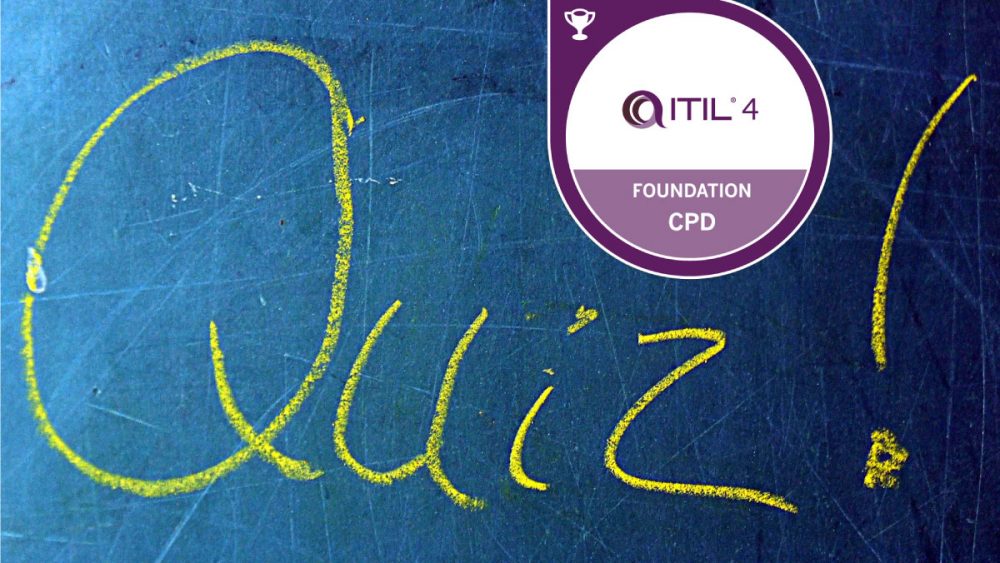 Are you ready to pass the ITIL®4 Foundation exam?... 216.6k views | 111 comments
Are you ready to pass the ITIL®4 Foundation exam?... 216.6k views | 111 comments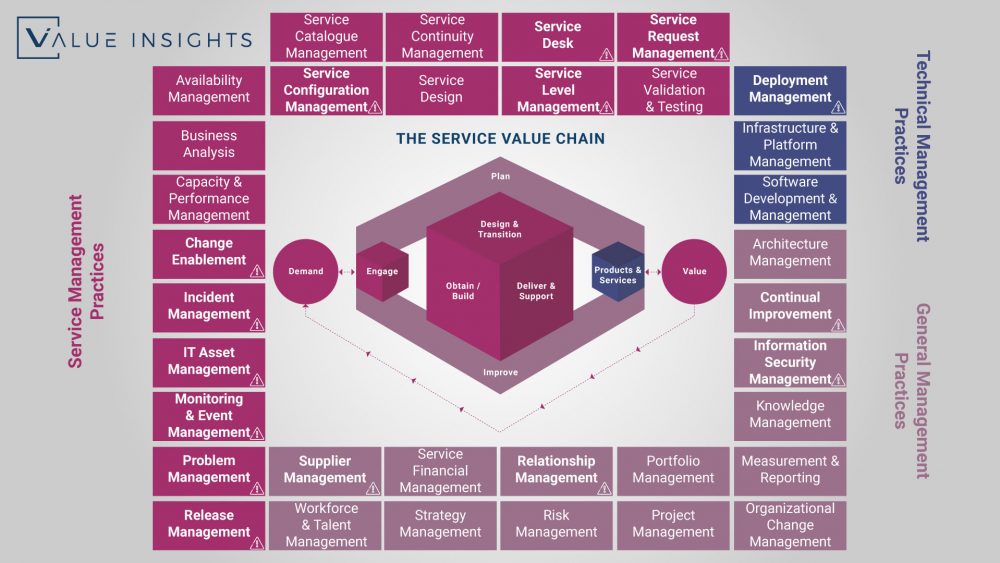 The ITIL 4 Practices Overview 88.7k views | 2 comments
The ITIL 4 Practices Overview 88.7k views | 2 comments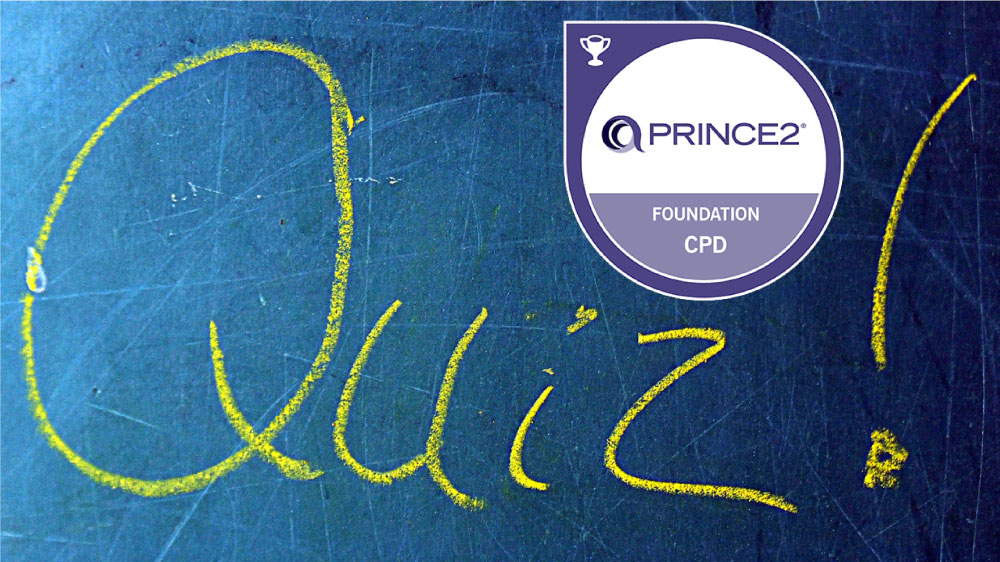 Ready for PRINCE2 Foundation? Check this 40 FREE s... 42.9k views | 24 comments
Ready for PRINCE2 Foundation? Check this 40 FREE s... 42.9k views | 24 comments How to get the ITIL 4 Foundation Digital Badge 36.3k views | 12 comments
How to get the ITIL 4 Foundation Digital Badge 36.3k views | 12 comments Are you ready to pass the ITIL®4 Foundation exam?... 35.7k views | 1 comment
Are you ready to pass the ITIL®4 Foundation exam?... 35.7k views | 1 comment


